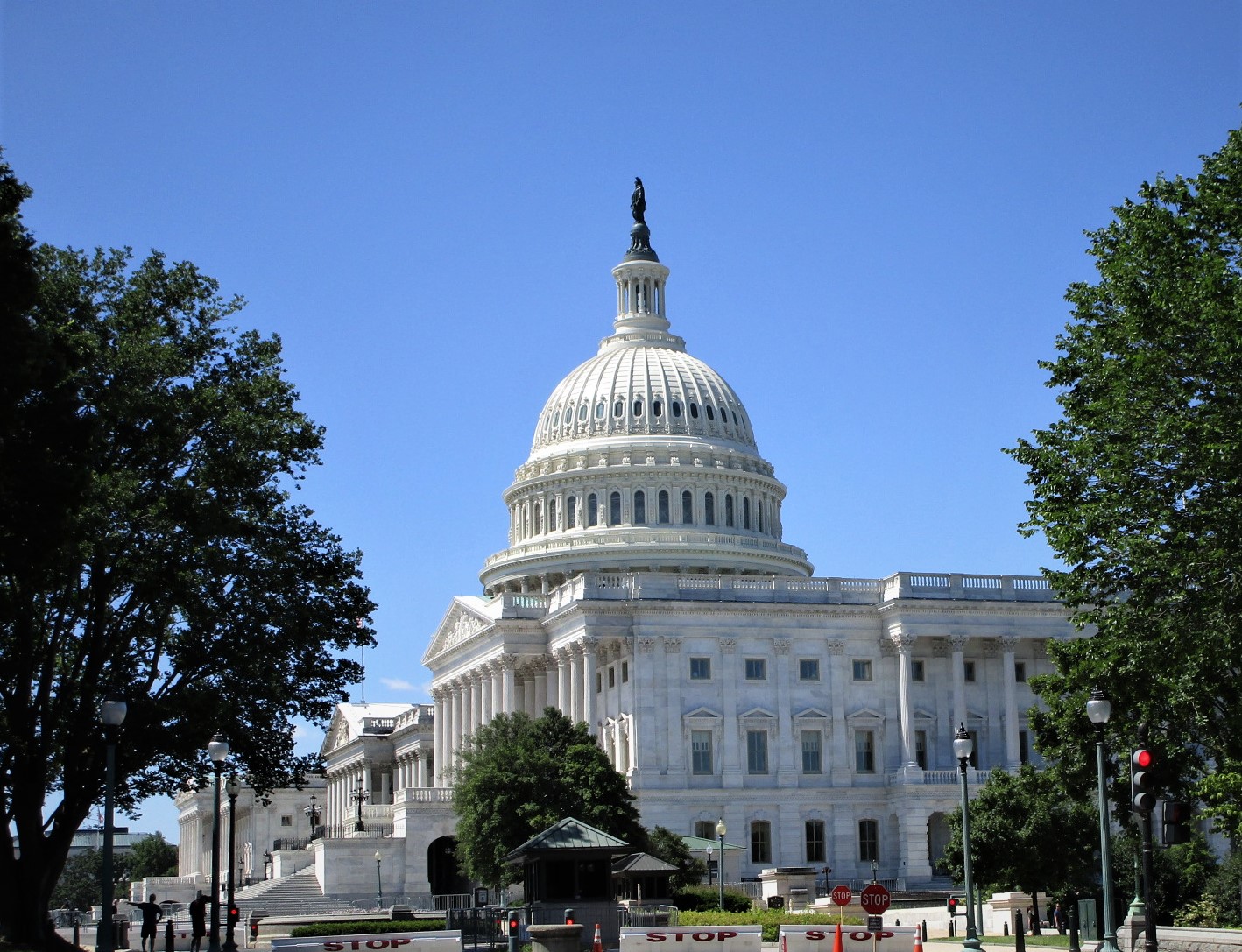Senators Propose Broadband Middle Mile/Electric Grid Tandem
Bill would partially subsidize buildouts

The smarter way to stay on top of the multichannel video marketplace. Sign up below.
You are now subscribed
Your newsletter sign-up was successful
Congress is getting creative with its dig once-inspired broadband buildout proposals, including partially funding middle mile buildouts along the electric grid to help bring broadband costs down.
Legislators have long pushed for laying fiber at the same time roads are built or improved, and last week Reps. Anna Eshoo and Doris Matsui, both D-Calif., called on the departments of Transportation, and Energy, as well as the head of Commerce's National Telecommunications & Information Administration (NTIA), to coordinate the deployment of broadband plant and EV charging stations.
Also spearheading that movement are Sen. Maria Cantwell (D-Wash.), chair of the Commerce Committee, and Sen. Shelley Moore Capito (R-W. Va.) ranking member of the Environment and Public Works Committee, who have introduced the Grant to Rapidly Invest and Deploy [GRID] Broadband Act that would attempt to spur the buildout out of middle-mile broadband backbone along the "existing electricity grid."
Also: Dems Seek Broadband/EV Charger Pairing
They said that the goal was to provide affordable options to what they asserted were the 120 million Americans--citing Microsoft data--"that lack connectivity."
The Microsoft data is as of October 2020 and the company says it indicates that 120.4 million people do not use the internet "at broadband speeds," which it defines as greater than or equal to 25 Mbps download. That is the FCC's high-speed broadband definition, though FCC Chairwoman Jessica Rosenworcel has proposed upping that to 100 Mbps.
Pointing to the upgrades utilities are making to their infrastructure--including using the billions of dollars the Biden infrastructure law is providing--the legislators say that with "the right policies," that same investment could help provide resilient broadband networks.
Those policies, according to the bill, would be the National Telecommunications and Information Administration adding out competitive, cost-shared grants to encourage building broadband backbone on existing electric infrastructure. Grant recipients would have to "improve cybersecurity and smart grid technology on their electrical grid infrastructure, as well as increase middle-mile broadband capacity."
They would also have to cover half the costs, with a carve-out for "qualifying nonprofits."
“It’s a triple win solution for consumers because it leverages existing rights-of-way and private sector ingenuity and investment to deliver cleaner electricity, stronger cybersecurity, and more accessible broadband services," said Cantwell.
They say the bill would:
1. "Enable more diverse and distributed energy sources to connect to the grid,
2. "Facilitate more cyber-secure communications capacity, and
3. "Provide ubiquitous middle-mile capacity to drive down broadband costs nationwide and provide new options for underserved communities." ■
The smarter way to stay on top of the multichannel video marketplace. Sign up below.
Contributing editor John Eggerton has been an editor and/or writer on media regulation, legislation and policy for over four decades, including covering the FCC, FTC, Congress, the major media trade associations, and the federal courts. In addition to Multichannel News and Broadcasting + Cable, his work has appeared in Radio World, TV Technology, TV Fax, This Week in Consumer Electronics, Variety and the Encyclopedia Britannica.

